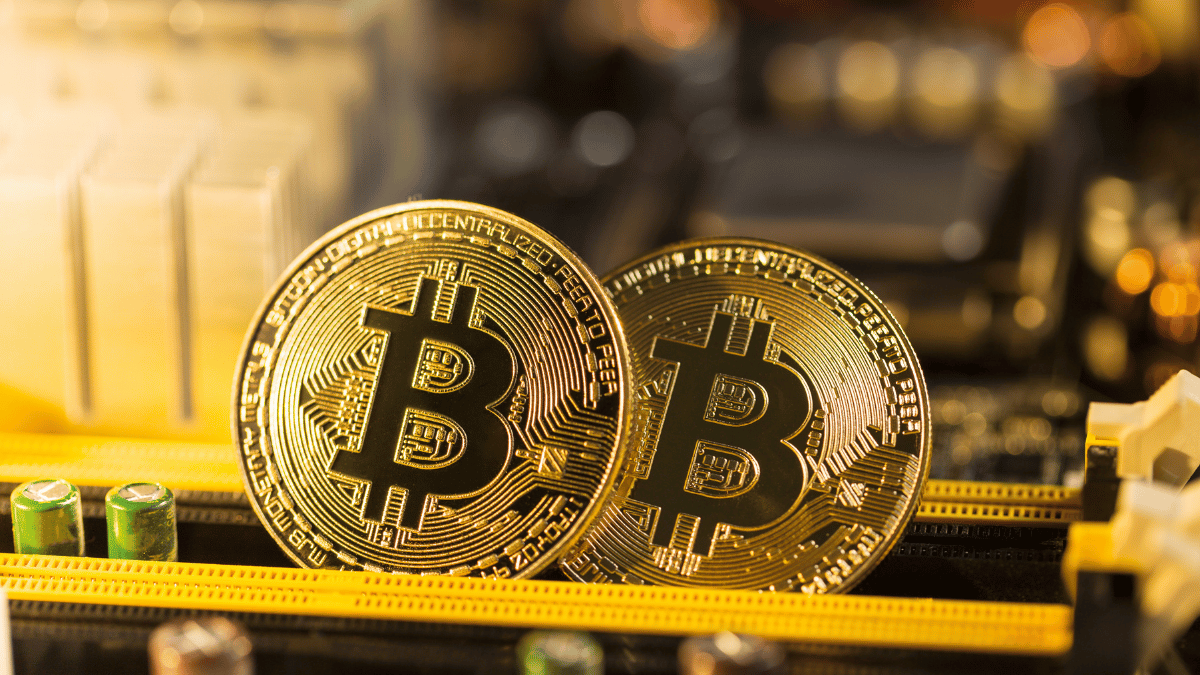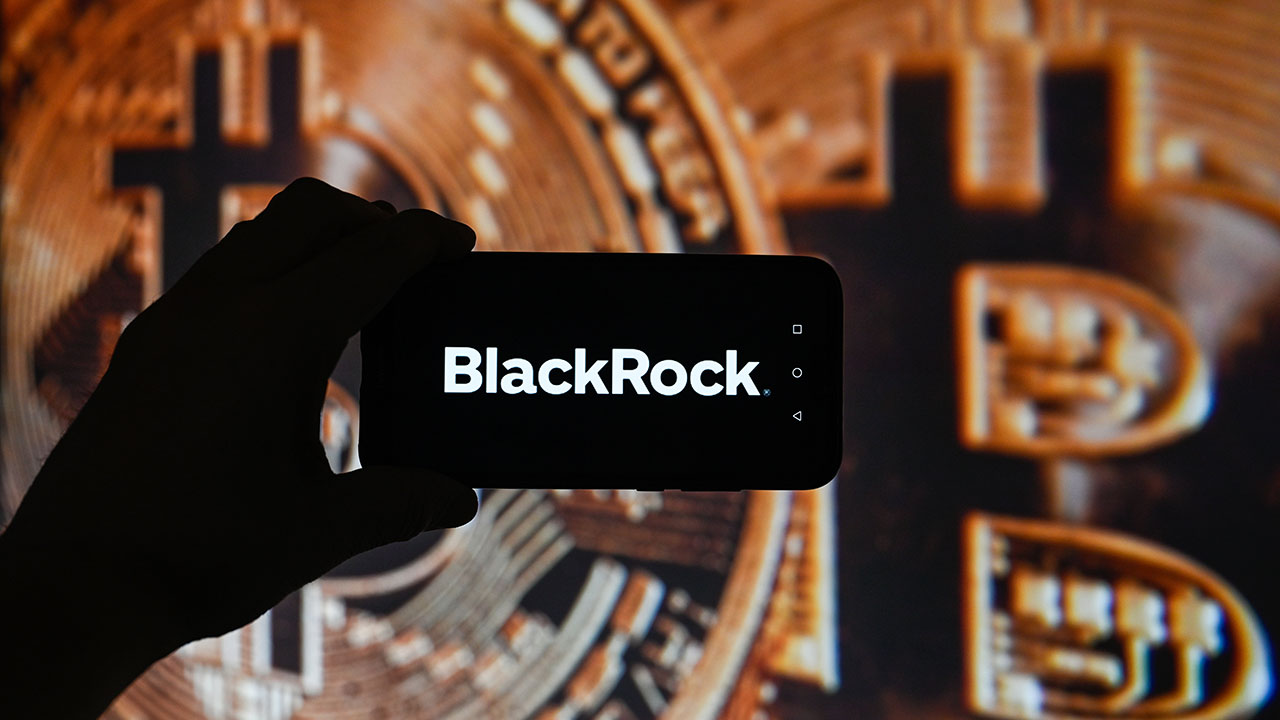|
Getting your Trinity Audio player ready...
|
El Salvador has taken another significant step in its Bitcoin journey, acquiring 11 Bitcoin (BTC) tokens in a single transaction, bringing the country’s total Bitcoin reserves to 5,980.77 BTC, valued at approximately $586.5 million. This update, shared by the National Bitcoin Office, marks a shift in El Salvador’s Bitcoin strategy, moving away from its previous daily Bitcoin purchases, which began on November 18, 2022, under President Nayib Bukele’s leadership.
🇸🇻We just transferred over a million dollars worth of Bitcoin to our Strategic Bitcoin Reserve. pic.twitter.com/4ZrxGw9Od0
— The Bitcoin Office (@bitcoinofficesv) December 20, 2024
The latest purchase signals El Salvador’s continued commitment to Bitcoin, but it also reflects a broader shift in strategy. On December 19, National Bitcoin Office Director Stacy Herbert outlined plans to potentially accelerate Bitcoin acquisitions. These efforts align with El Salvador’s long-term goal of strengthening Bitcoin capital markets and enhancing educational initiatives around the cryptocurrency. As part of this vision, new educational programs will be launched, including “Grades 2 and 3 Little HODLer” workbooks, aimed at introducing Bitcoin and financial literacy to younger generations. These workbooks are set for release in January 2025.
🇸🇻EL SALVADOR SECURES $3.5 FUNDING DEAL
— Stacy Herbert 🇸🇻🚀 (@stacyherbert) December 19, 2024
➡️Bitcoin remains legal tender
➡️El Salvador will continue buying bitcoin (at possibly an accelerated pace) for its Strategic Bitcoin Reserve
➡️Bitcoin capital markets will continue to be built; for example, the recent tokenized issuance…
The government’s Bitcoin strategy includes not just educational outreach but also the development of a robust talent pipeline for the growing Bitcoin ecosystem. By January 2025, the CUBO+ program is expected to graduate more than 20 Bitcoin and Lightning developers, while initiatives like Mi Primer Bitcoin and Node Nation will continue to engage high school students across the country. In addition, 80,000 civil servants are set to receive Bitcoin certification through the ESIAP program, ensuring the country’s workforce is well-prepared for the evolving digital economy.
While El Salvador’s public sector remains committed to Bitcoin, the country’s recent revisions to its Bitcoin law are noteworthy. As part of a $3.5 billion financing deal with the International Monetary Fund (IMF), the country is scaling back its public sector Bitcoin activities. However, the private sector’s engagement with Bitcoin will remain voluntary, with taxes continuing to be paid exclusively in U.S. dollars.
Also Read: Bitcoin’s Meteoric Rise: Bloomberg Strategist Predicts BTC as 2025’s Top Commodity Indicator
In this context, El Salvador revised Bitcoin law seeks to balance innovation with stability, emphasizing the importance of digital asset regulation to ensure financial stability and consumer protection. With the IMF’s support and continued private sector involvement, El Salvador’s Bitcoin experiment could serve as a global model for integrating cryptocurrencies into mainstream economies.
Disclaimer: The information in this article is for general purposes only and does not constitute financial advice. The author’s views are personal and may not reflect the views of Chain Affairs. Before making any investment decisions, you should always conduct your own research. Chain Affairs is not responsible for any financial losses.
A lifelong learner with a thirst for knowledge, I am constantly seeking to understand the intricacies of the crypto world. Through my writing, I aim to share my insights and perspectives on the latest developments in the industry. I believe that crypto has the potential to create a more inclusive and equitable financial system, and I am committed to using my writing to promote its positive impact on the world.




